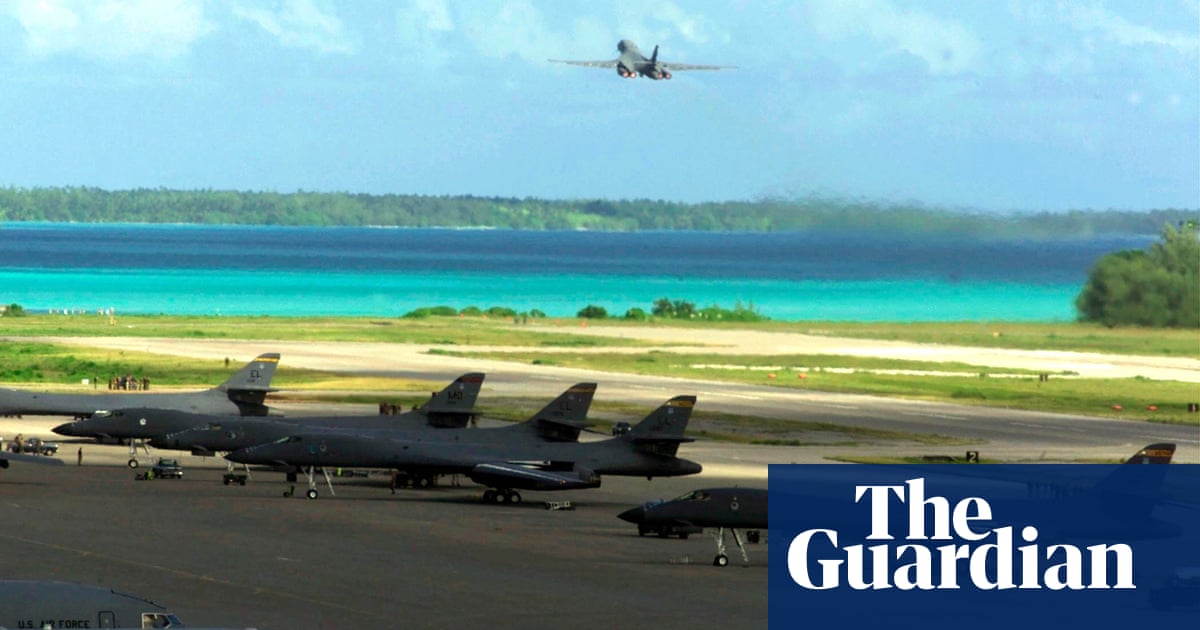- cross-posted to:
- [email protected]
- [email protected]
- cross-posted to:
- [email protected]
- [email protected]
Agreement to hand back UK’s last African colony follows 13 rounds of negotiations and international pressure
The UK has agreed to hand over the Chagos Islands to Mauritius, ending years of bitter dispute over Britain’s last African colony.
The UK expelled the Chagossians in the 1960s and 1970s, in what has been described as a crime against humanity, when it retained possession of what it called the British Indian Ocean Territory, or BIOT, after Mauritius gained independence in 1968.
The agreement follows 13 rounds of negotiations that began in 2022 after Mauritian arguments for sovereignty were recognised by the international court of justice (ICJ), the UN general assembly and the international tribunal of the law of the sea (Itlos) in 2019 and 2021.



For the record, even the Guardians coverage of this is terrible.
They are handing control of Chagos over to Mauritius, not back to being an independent Chagossian
stateculture as it operated before. (Though arguing that it was technically part of Mauritius and illegally separated is the legal justification for returning it, so this was unavoidable given the path taken).They did not consult widely with Chagossians, just the Mauritian government.
Part of ‘handing over’, includes a mandatory 99 year lease for the main island of Diego Garcia to the US for their military base.
It’s better than the UK controlling all of the Chagossian islands but it’s a far cry from justice.
Wait, when was it an independent Chagossian state?
I guess more accurately, Chagos as a culture is founded by slaves who worked the island and were freed. It was originally part of the Seychelles and then transferred to be considered part of Mauritius, and then sold to the British, and then leased to the Americans, but the Chagossian people have never really considered themselves part of Mauritius. Certainly more part of Mauritius than Britain, but still distinct as a culture, people, and language.
Hmm you make it sound like its under new management.